Winning back visitors
The U.S. counterparts at the summit say they are also on the move to win back Chinese travelers.
Julie Stufft, deputy assistant secretary for Visa Services with the U.S. Department of State, says China was the number one demand market for U.S. visas and the U.S. side is very eager to get back to that level.
"We've done a few things to make that easier," Stufft says.
One is to have as few touch points as needed between the government and the traveler and to make it easier to get the interview that is needed, she adds.
Another thing is removing the interview requirement when possible. This policy has expanded last year, according to her.
"For example, a Chinese student studying in the United States coming back to China a year ago would have needed an interview to get a tourist visa after studying in the United States. Today an interview would not be necessary and we would just process that visa," she says, adding that the U.S. is also working on keeping the wait time for visas as low as possible and trying to accommodate a visa applicant from any country on a business trip to places such as Tokyo, Frankfurt or Paris.
"That has been a game-changer for us in terms of processing numbers," Stufft says.
The U.S. Consulate General in Wuhan, Hubei province, has also opened a new office, aiming to help more Chinese applicants to get interviews more quickly.
"We poured a lot of resources into being ready when the demand signal returns to what it was in 2015 and 2016, and even 2019. I'm really happy to say that this year so far we've done three times as many visa issuances in China over last year. That's a very strong signal in the right direction," Stufft says.
As the 10-year visa came out in 2014, Stufft says she anticipates that many Chinese travelers will want to renew that visa in 2025.
"We are ready for that to happen and we're excited that those folks won't need a visa interview at that point. You can just mail in your passport and it's done within a few days. It's very, very convenient," she says.
Geoff Freeman, president and CEO of the U.S. Travel Association, says although there are things discouraging travel that are beyond control, the issue of visas and better customs experiences can be addressed through future efforts.
"Another opportunity for us to improve is to look at various inconveniences that travelers confront," Freeman says.
He notices that one inconvenience is when many travelers visit the U.S., if they are moving on from a gateway city, they have to go through customs, get their bags and come back through the Transportation Security Administration's screening process to recheck everything.
"There isn't a seamless transfer that people can do in American airports right now, which we're trying to address," Freeman says.
"We created a commission of former government members who are experts in a wide variety of areas to help give us solutions that can improve traveler experience," he adds.









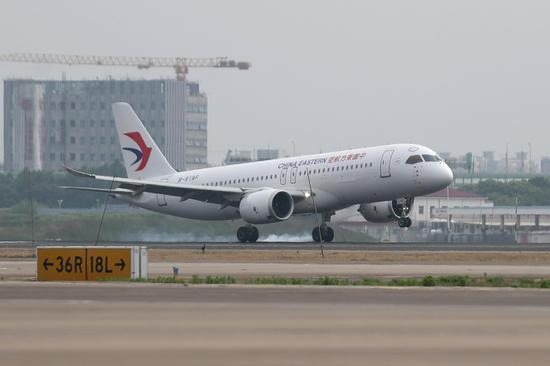
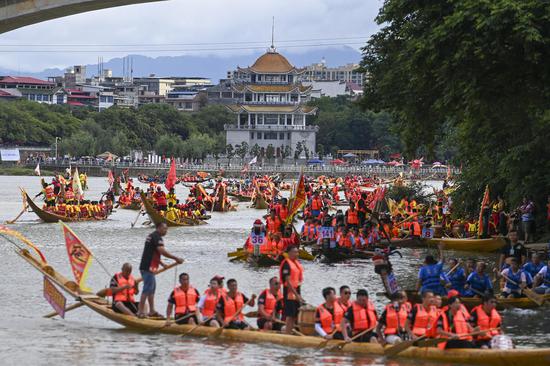
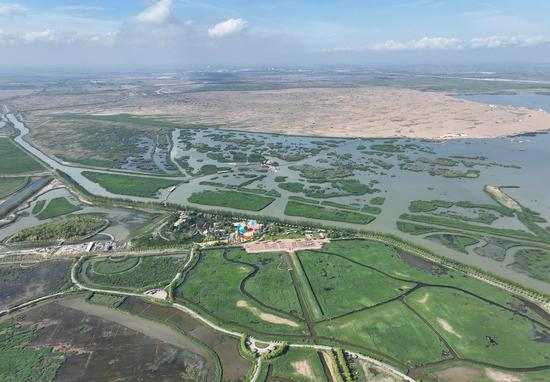

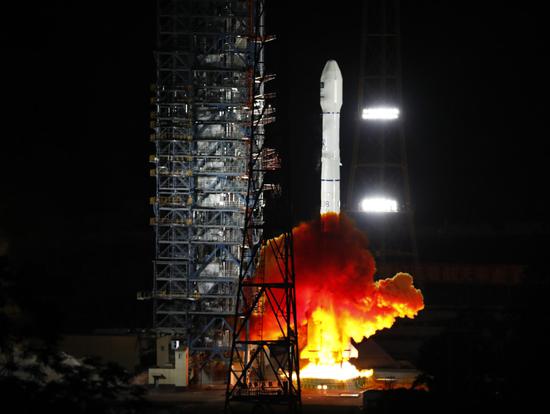
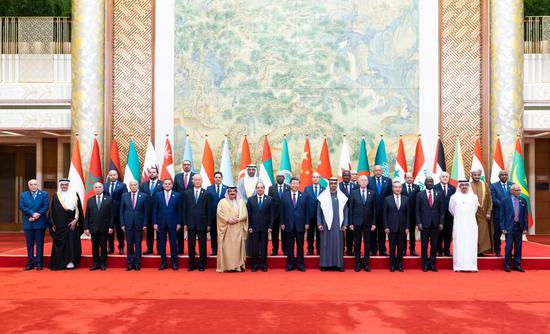
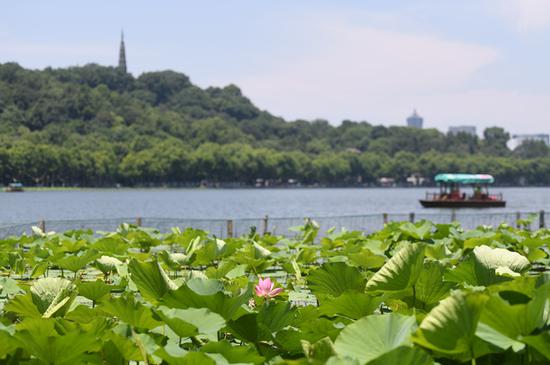
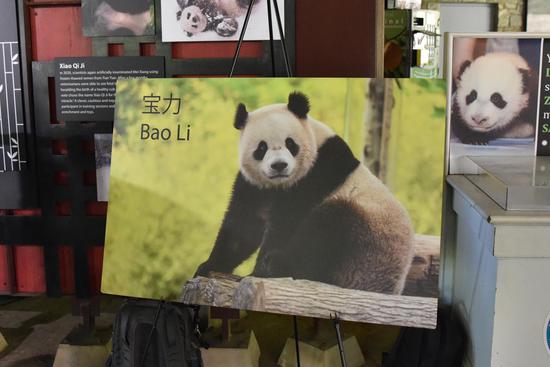

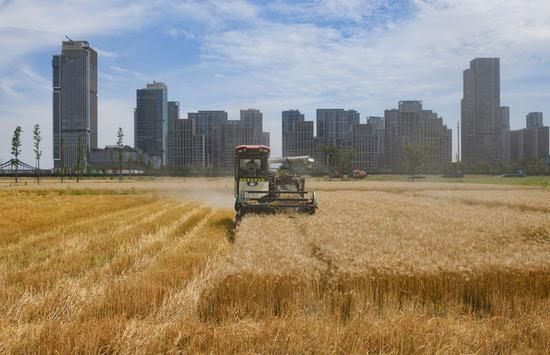
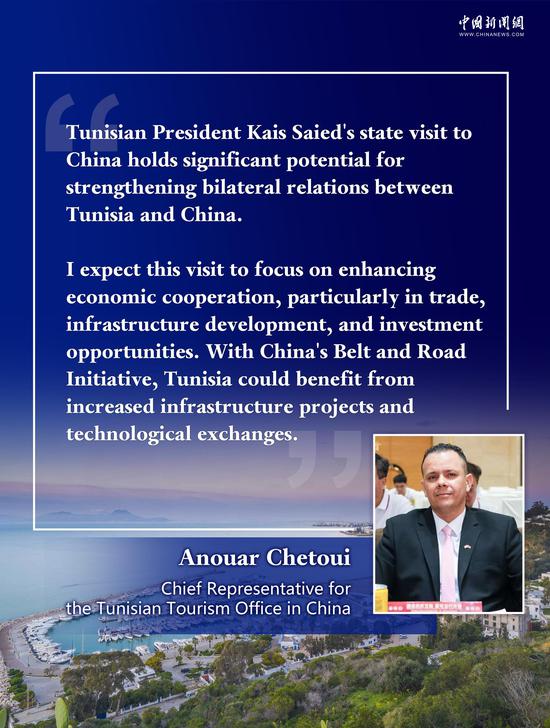

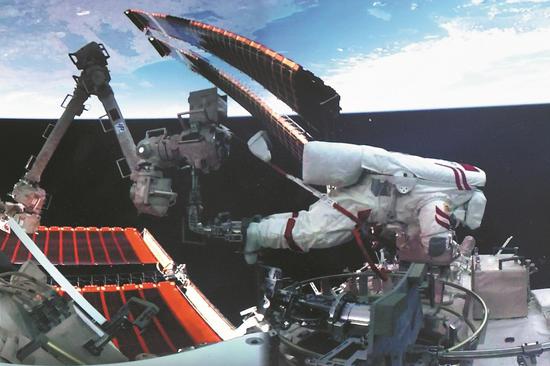


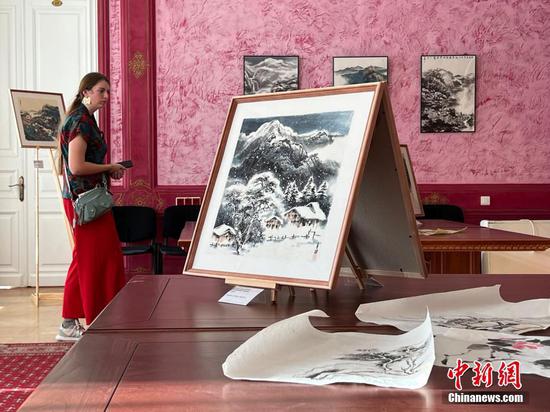

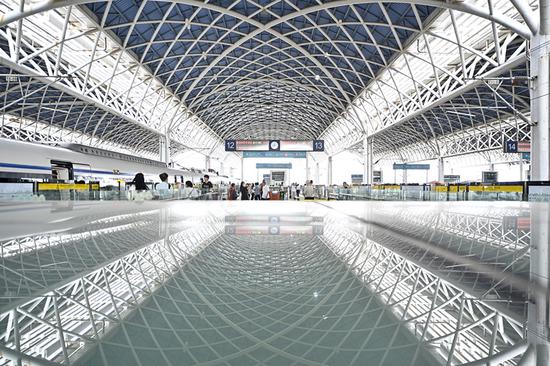
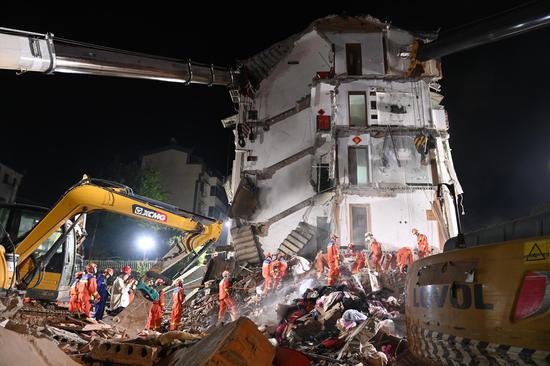






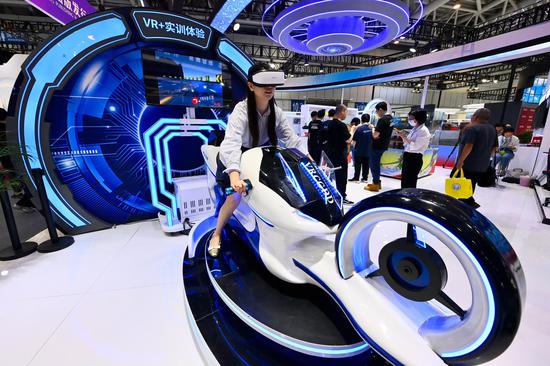


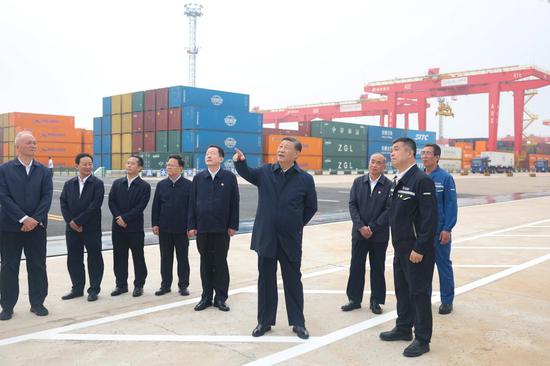
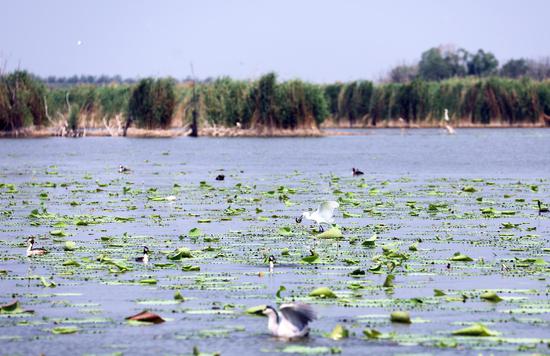
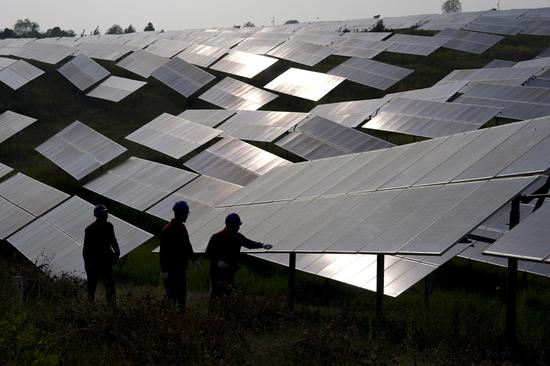

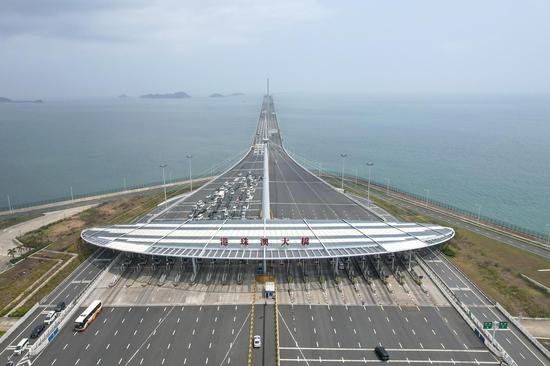

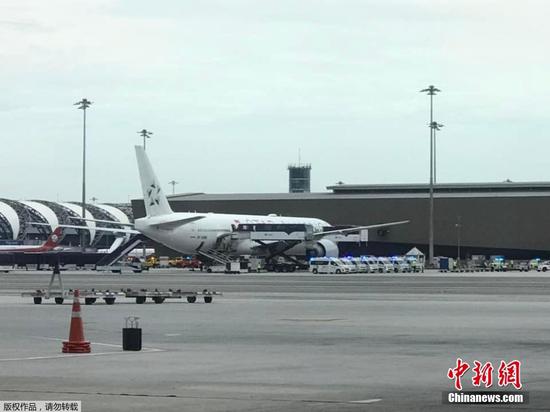






 京公网安备 11010202009201号
京公网安备 11010202009201号